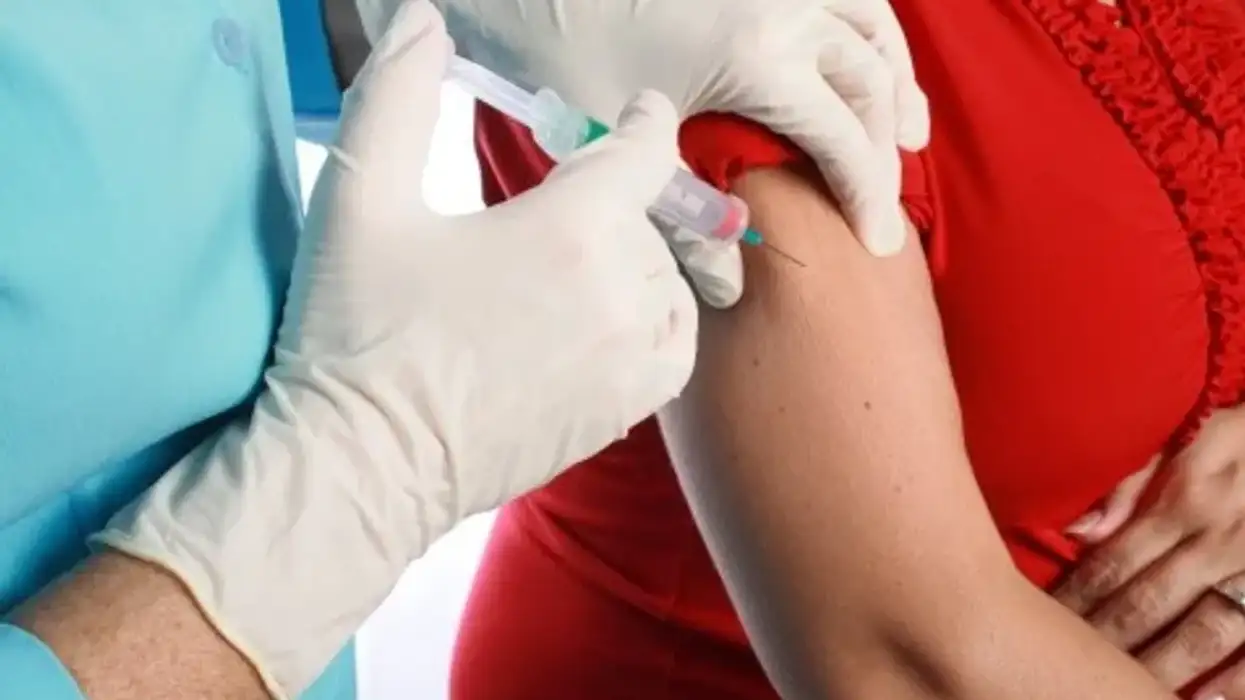Calling for enhanced support for pharmacists in primary care, RPS highlighted the importance of structured medication reviews, identifying polypharmacy, and deprescribing in high-risk patient groups
RPS NSAID prescribing guidelines
Following the publication of a new study by the British Medical Journal (BMJ) that estimates the economic impact and prevelance of hazardous NSAID prescribing in England, the Royal Pharmaceutical Society (RPS) has underscored the pressing need for enhanced safety measures in medication management.
The study, led by RPS Fellow Rachel Elliott, reveals significant health and financial costs associated with the high-risk prescribing of oral non-steroidal anti-inflammatory drugs (NSAIDs) among vulnerable populations.
James Davies, Director for England at the RPS, emphasised the critical findings of the research.
"Improving the safety of NSAID prescribing requires a multi-pronged approach, that educates and supports prescribers on the risk, as well as uses the skills of pharmacists in the primary care team to help identify higher risk patients and prescribing scenarios," Davies remarked.
The study highlights that NSAIDs, while effective in managing pain and inflammation, are associated with serious adverse events, including gastrointestinal bleeding, renal dysfunction, and cardiovascular issues.
Over a decade, hazardous prescribing of NSAIDs is estimated to result in 6,335 quality-adjusted life years (QALYs) lost and an NHS cost of £31.43 million.
Davies reiterated the RPS’s call for structured medication reviews led by pharmacists.
"Pharmacists can work collaboratively with patients, and include the wider multi-disciplinary team where needed, to discuss alternative medication or consider non-pharmacological options if appropriate," he added.
Davies noted that this further underscored the RPS's ongoing call for pharmacists in primary care to be supported in delivering structured medication reviews, identifying polypharmacy, and finding opportunities for deprescribing in priority patient groups.












